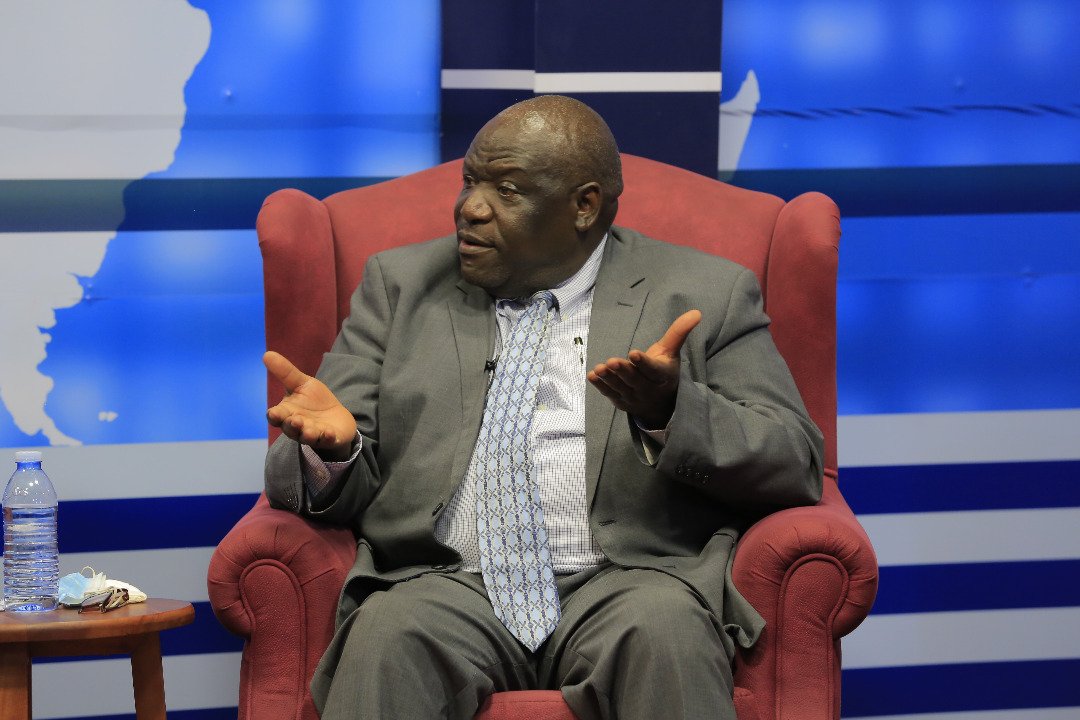The National Resistance Movement (NRM) spent more than 3 billion Uganda shilling buying media space during the campaign season, this news site has learnt.
Emmanuel Dombo, the party director of Communication told Uganda Radio Network (URN) that althought the total amount of money spent on media is more than shs 3 billion, the secretariat still has debts they are yet to clear.
He said the party bought prime space for its presidential candidate, Yoweri Kaguta Museveni “who was always on radios and TVs every evening between 7-9 PM.”
In a campaign that was characterized by adherence to Covid SOPs, broadcast media was a target for all political actors.
Given the fact that most radios in Uganda are owned by incumbent politicians, new entrants were denied access with no explanation.
KRC radio in Fort Portal was switched off on December 20, 2020 under unclear circumstances after hosting independent presidential candidate Joseph Kabuleta.
On November 17th 2020, a local radio station in Agago District was switched off on orders of the district police commander while presidential candidate Patrick Oboi Amuriat of the Forum for Democratic Change (FDC) was speaking to the electorate.
The National Unity Platform (NUP)’s presidential candidate, Robert Ssentamu Kyagulanyi known by his stage name Bobi Wine was forced out of Spice FM Hoima, three minutes into the show on November 27, 2020. The party reported other similar incidents of being denied media space.
Impartiality test
Peter Mwesige of Africa Centre for Media Excellence (ACME) said the media failed the impartiality test during campaigns.
“The media’s job was to ensure that everybody who wanted to access media space for paid programming was allowed to do so, not to just have one person dominate screens,” he said in an interview last month.
Media outlets, he said were supposed to flag paid for content. “The reader, viewer or listener would know that this is paid for clearly by the ruling party or by opposition party. That was not always the case. For media outlets that reached the extent of selling their news slots to politicians, it was wrong,” said Mwesige.
“Those who did that (news slots) crossed the line. They could have still made money without selling their souls,” he argued.








